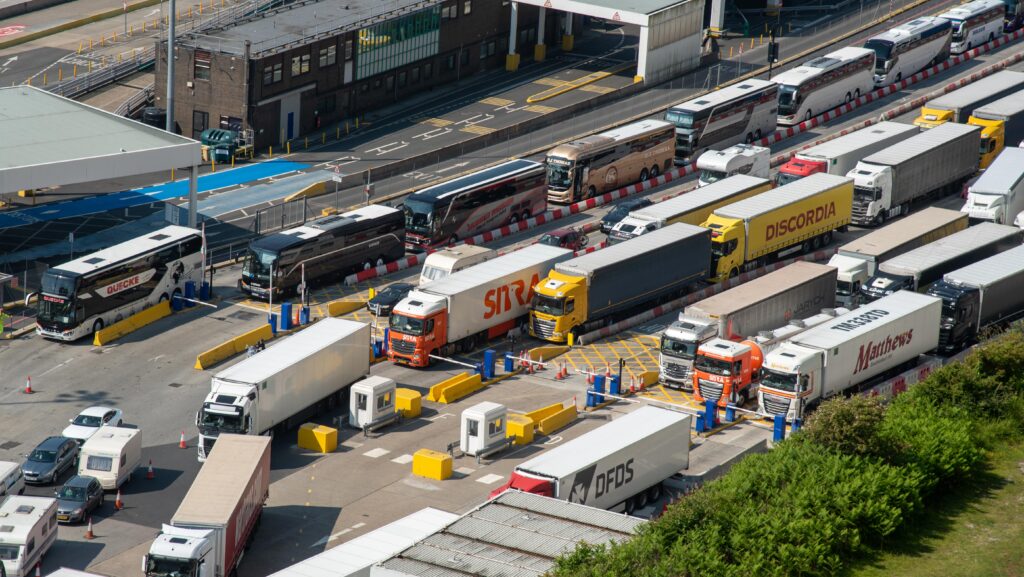MPs fear border weaknesses as physical food checks loom
 © Adobe Stock
© Adobe Stock With physical checks on food and agricultural goods coming into the UK from the EU due to start on Tuesday (30 April), MPs on the Environment, Food and Rural Affairs (Efra) committee have again warned of inherent weaknesses in the system.
In a letter to Defra secretary Steve Barclay, Efra committee chairman Robert Goodwill has expressed concern that border controls may not be ready in time.
See also: Defra to slash budget for smuggled meat checks at Dover
This follows recent reports in the Financial Times which suggested that, even though Defra is planning a “phased” introduction of physical checks, starting with medium-risk animal and plant products, and high-risk food from the EU, initial checks will be minimal.
“Despite the government’s statements to the contrary, it is clear that ports and businesses are facing further uncertainty and have once again expressed their confusion and frustration over the delivery of these essential border controls,” said Mr Goodwill.
“It is essential that Defra urgently takes steps to communicate the changed arrangements to businesses and the public, to build confidence in our incoming border controls and reduce disruption.”
The letter specifically asks Defra to define what it means by a “light-touch approach” to border checks and what percentage of checks will be applied for each risk category.
Fresh produce
Further criticism has been directed at Defra by the Fresh Produce Consortium, whose chief executive, Nigel Jenney, has accused it of creating “the world’s most inefficient and expensive border”.
“This will drive up costs for our sector, which will ultimately be passed on to consumers already struggling with the rising cost of living,” he said.
In particular, he criticised the “common user charge” designed to cover the costs of border controls and recently set at a maximum £145 per mixed consignment.
Mr Jenney said this would typically amount to about £1,450 for each vehicle carrying a mixed load of produce.
“This will add millions of pounds in annual costs to the supply chain,” he said.
Overall, he estimated the new charges would add £200m of costs to the sector, which would ultimately be passed on to hard-pressed consumers.
Mr Jenney also complained that official inspection staff will not be available at Border Control Points beyond 7pm, whereas the vast majority of fresh produce traded by his members would arrive beyond those hours.
‘Risk-based approach’
Defra says its own analysis suggests the new border controls will have just a 0.2% impact on food prices over the next three years.
Having a “risk-based” approach will actually be £520m cheaper than the border control system originally proposed following Brexit, it claims.
“The cost of checks is negligible compared to the impact of a major disease outbreak, such as foot-and-mouth disease in 2001, which cost businesses and our wider economy more than £12.8bn in 2022 prices,” said a spokesperson.
